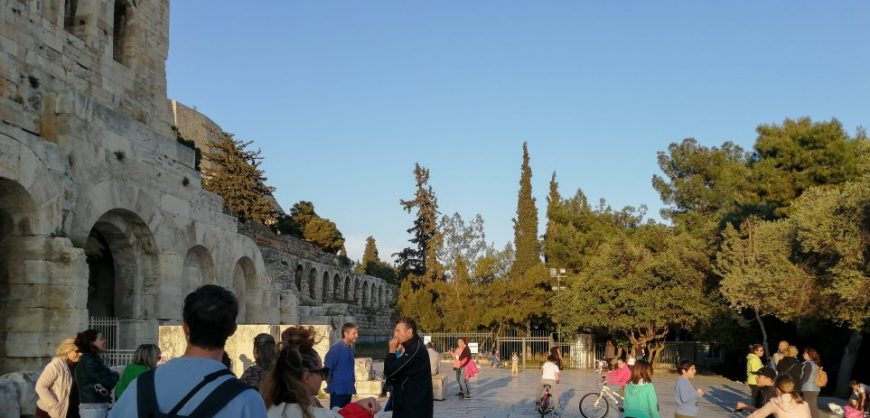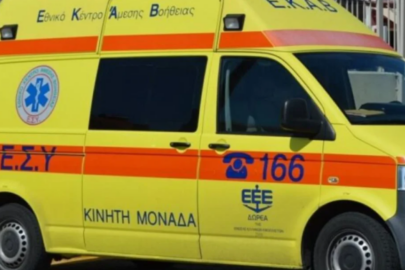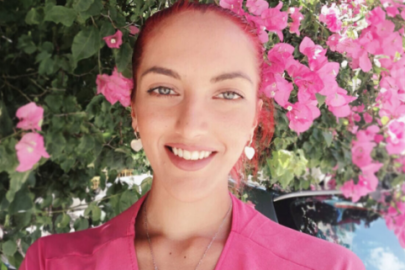The large majority of Greeks believes the management of the coronavirus crisis by the government is on in the right direction, based on a survey conducted by diNEOSIS in conjunction with Metron Analysis.
As the data showed, 87.5% said they felt the Greek authorities had handled the pandemic satisfactorily.
Confidence in the government is at 65% at a time when, according to research in France, the corresponding figure is 44%, while in Italy it is only 32%.
An interesting finding is that within five months, and after the refugee crisis in Evros and the management of the pandemic, the public’s sentiment went from insecurity to optimism.
Specifically, when asked to describe the two main feelings, 40% of respondents reported “optimism” (from 30% five months ago) while 31% chose insecurity (from 38% in December).
In terms of trust in the institutions, all state institutions enjoy significantly more trust today than they did 27 months ago.
Specifically:
the institution of the Prime Minister (+ 14%),
of the Presidency of the Republic (+ 12%),
of the Mayor (+ 8.6%),
of the Regional Governor (+ 12%)
but also of the Government (+ 13%).
Interestingly, citizens trust the welfare state (+ 16%) even more, the media (television + 13%, radio + 8%, newspapers + 5%). The only institution that has lost a large percentage since 2018 is the European Union: only 27.3% state that they trust it today, from 42.1% two years ago.
According to the results, one in ten Greeks (10.9%) state that they spend the quarantine period alone. The percentage is higher in the elderly: 19.3% of people aged 65+ live alone during this time.
Greeks also experience stress from the situation with the coronavirus, as on a scale of 1-10 the average value is 5.5, but 37.7% of respondents state that they are very anxious (from 7 and up).
62% of respondents say that there are people close to them who, in their opinion, are at risk of coronavirus. However, only one in four (23.7%) fear – more or less – that they are at risk. 33% of people over the age of 65 are worried about this, but only 1.6% of young people aged 17-24 and 11% of those aged 25-39 are worried.
46% of the general population, however, believe that they are at little or no risk. In fact, one in five (21.3%) thought they were infected with the virus, about a thousand times higher than the confirmed cases in the country.
Regarding the economic situation, it seems that about half of the economic activity in the country has paused as those who work in Greece:
– one in four (25.4%) work normally,
– another one in four (26.2%) by telework and
– the rest either work part-time or are in some form of leave or suspension and do not work at all.

































